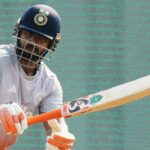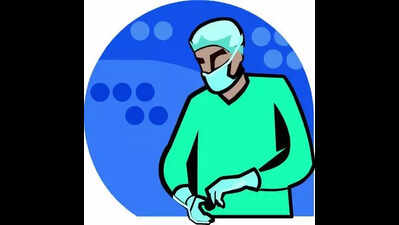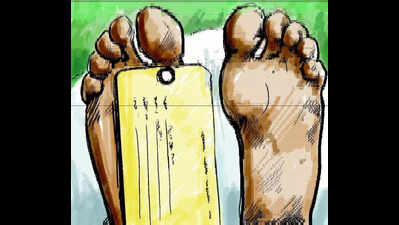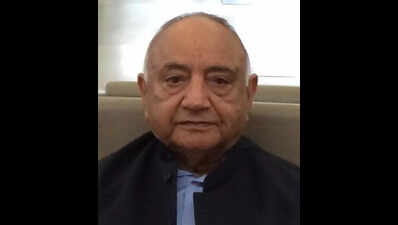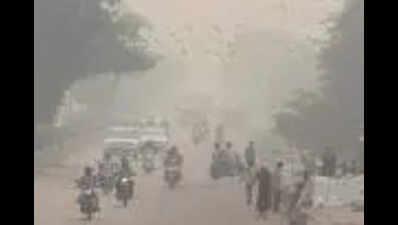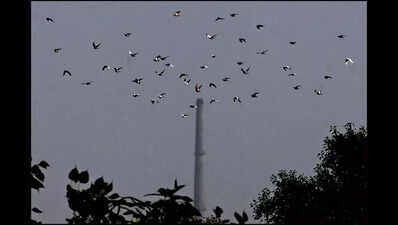New Delhi: Despite the establishment of the National Policy for Rare Diseases (NPRD) in 2021 and a nationwide financial assistance programme, over 300 patients, predominantly children diagnosed with Lysosomal Storage Disorders (LSDs) such as Gaucher, Pompe, Fabry, MPS I, and II, are left without essential medical care. Among them, 70 are from Delhi. Since 2022, nearly 50 patients—including six from Delhi—have succumbed to these diseases.The Lysosomal Storage Disorders Support Society (LSDSS) reports that 50 patients across India exhausted their one-time funding under the policy. In Delhi, 7 patients are in critical condition due to financial constraints.Alishba Khan, a young girl battling Gaucher disease, illustrates the dire consequences of limited funding. Her father, Maqsood Alam, recounts the devastating decline in her health following the discontinuation of her medication in Aug 2024. “She suffers from severe abdominal pain, an enlarged spleen, bone pain, weakness, and decreased haemoglobin level. She is unable to attend school and requires constant supervision,” Alam shared, his voice filled with anguish. Having already lost four children, he continually appeals to the High Court for continued treatment, fearing for Alishba’s survival. While doctors at AIIMS offer significant support, they are constrained by limited funding, he said.Recognising the critical need, the Delhi High Court on Oct 4, 2024, directed the Ministry of Health and Family Welfare to extend funding beyond the Rs 50 lakh cap for patients with rare diseases. The court also mandated the establishment of a Rs 974 crore national fund for rare diseases for the fiscal years 2024-25 and 2025-26. However, the Ministry challenged this directive in the Supreme Court, where the matter remains pending.The Lysosomal Storage Disorders Support Society (LSDSS) has been vigorously campaigning for urgent action. In a recent appeal to Union Health Minister JP Nadda, the LSDSS highlighted that despite allocating over Rs 205 crore to 12 Centres of Excellence (CoEs)—including AIIMS Delhi and MAMC—more than 300 eligible patients remain untreated, and at least 50 patients have died while awaiting treatment. LSDSS National President Manjit Singh emphasised that many of these patients are children with conditions for which DCGI-approved therapies exist.“In the Budget Session of Parliament, the Ministry reaffirmed that no eligible patient should be denied life-saving therapy. However, the disconnect between funding and actual treatment on the ground continues to undermine this commitment,” the letter stated.The society requested the ministry to direct CoEs to immediately accept eligible patients, ensure compliance with NPRD 2021 guidelines, prioritise patients with approved therapies, establish a rapid response task force for timely treatment initiation, and authorise continued treatment support beyond the Rs 50 lakh cap based on clinical merit.Singh acknowledged the govt’s historic support for rare disease patients, requesting leadership to ensure this support translates into timely, life-saving access.Officials at MAMC explained that the crowdfunding portal has technical constraints preventing status updates from ‘waiting for treatment’ to ‘under treatment’ after therapy begins. Although the portal displays zero patients receiving treatment, in reality, 10 individuals out of 28 registered cases of LSDs are currently undergoing enzyme replacement therapy (ERT). The administration confirmed that treatment allocation strictly follows approved eligibility standards, considering ERT’s expected clinical effectiveness and requires approval from the Centre of Excellence (CoE) committee, comprising various medical specialists. They noted that patients with significant neurological symptoms receive lower priority, as current evidence suggests ERT offers minimal benefits in such instances. The focus remains on treating patients with a higher likelihood of substantial clinical benefits.Regarding the national policy’s one-time financial support limit of Rs 50 lakh per patient, the MAMC officials indicated their inability to provide treatment beyond this amount without specific instructions from senior authorities.When contacted, Dr Neerja Gupta from the genetic unit of paediatrics at AIIMS said she doesn’t have the details on this matter offhand.

